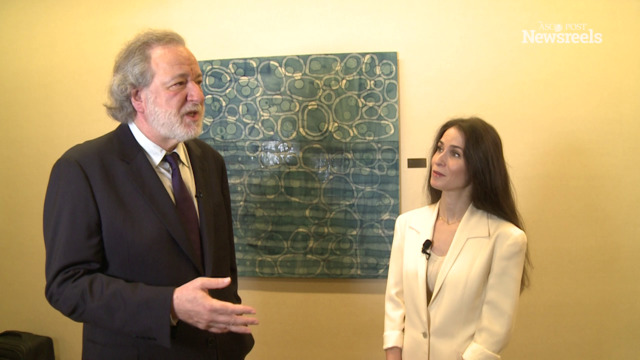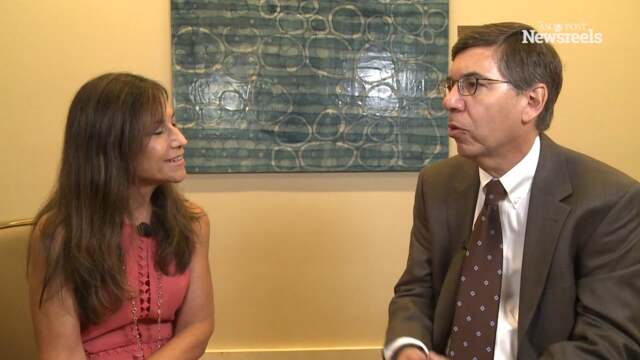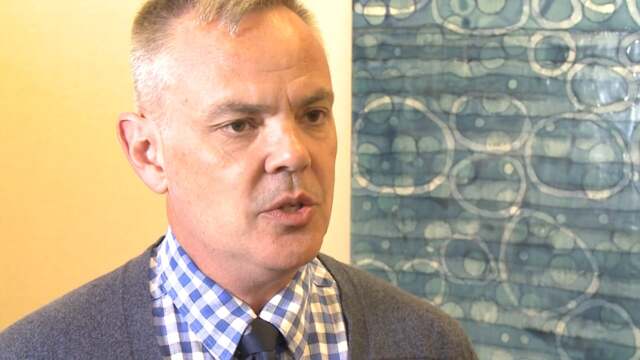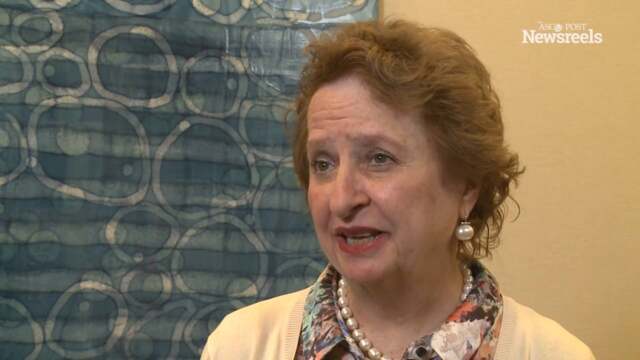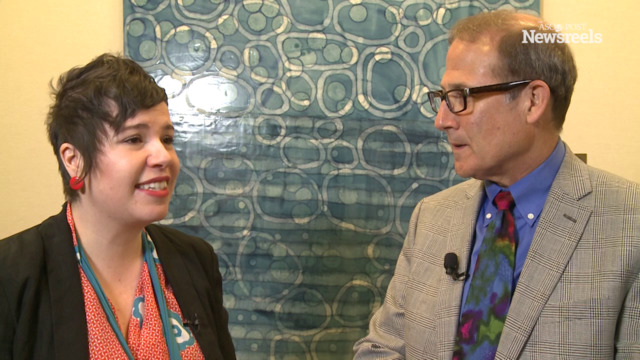Christopher J. Recklitis, PhD, MPH, on The Risk of Suicide After a Cancer Diagnosis
2015 IPOS APOS World Congress of Psycho-Oncology
Christopher J. Recklitis, PhD, MPH, of the Dana-Farber Cancer Institute, discusses what is known about suicide after cancer, the risks faced by prostate cancer patients within the first year after diagnosis, and challenges across the treatment trajectory
Related Videos
Allison J. Applebaum, PhD, and William S. Breitbart, MD
Allison J. Applebaum, PhD, and William S. Breitbart, MD, of Memorial Sloan Kettering Cancer Center, discuss a meaning-centered psychotherapy workshop they conducted for an international group of clinicians.
Lori Wiener, PhD, DCSW, LCSW-C, and Paul B. Jacobsen, PhD
Lori Wiener, PhD, DCSW, LCSW-C, of the National Cancer Institute, and Paul B. Jacobsen, PhD, of the Moffitt Cancer Center, discuss the highlights of this year’s meeting, which for the first time brings together the international and American psychosocial oncology societies.
Mark Lazenby, PhD, APRN, FAPOS
Mark Lazenby, PhD, APRN, FAPOS, of the Yale School of Nursing, discusses the APOS–ACCC project to screen for psychosocial distress in community cancer centers. These model programs improve patient care and the patient experience.
Andrea F. Patenaude, PhD
Andrea F. Patenaude, PhD, of Dana-Farber Cancer Institute, discusses the challenges to implementing standards for pediatric and adolescent psycho-oncology and looks ahead at next steps in the field.
Bradley J. Zebrack, PhD and Ursula Sansom-Daly, PhD
Bradley J. Zebrack, PhD, of the University of Michigan School of Social Work, and Ursula Sansom-Daly, PhD, of the University of New South Wales, talk about providing supportive care services that meet the unique needs of adolescents and young adults with cancer.
